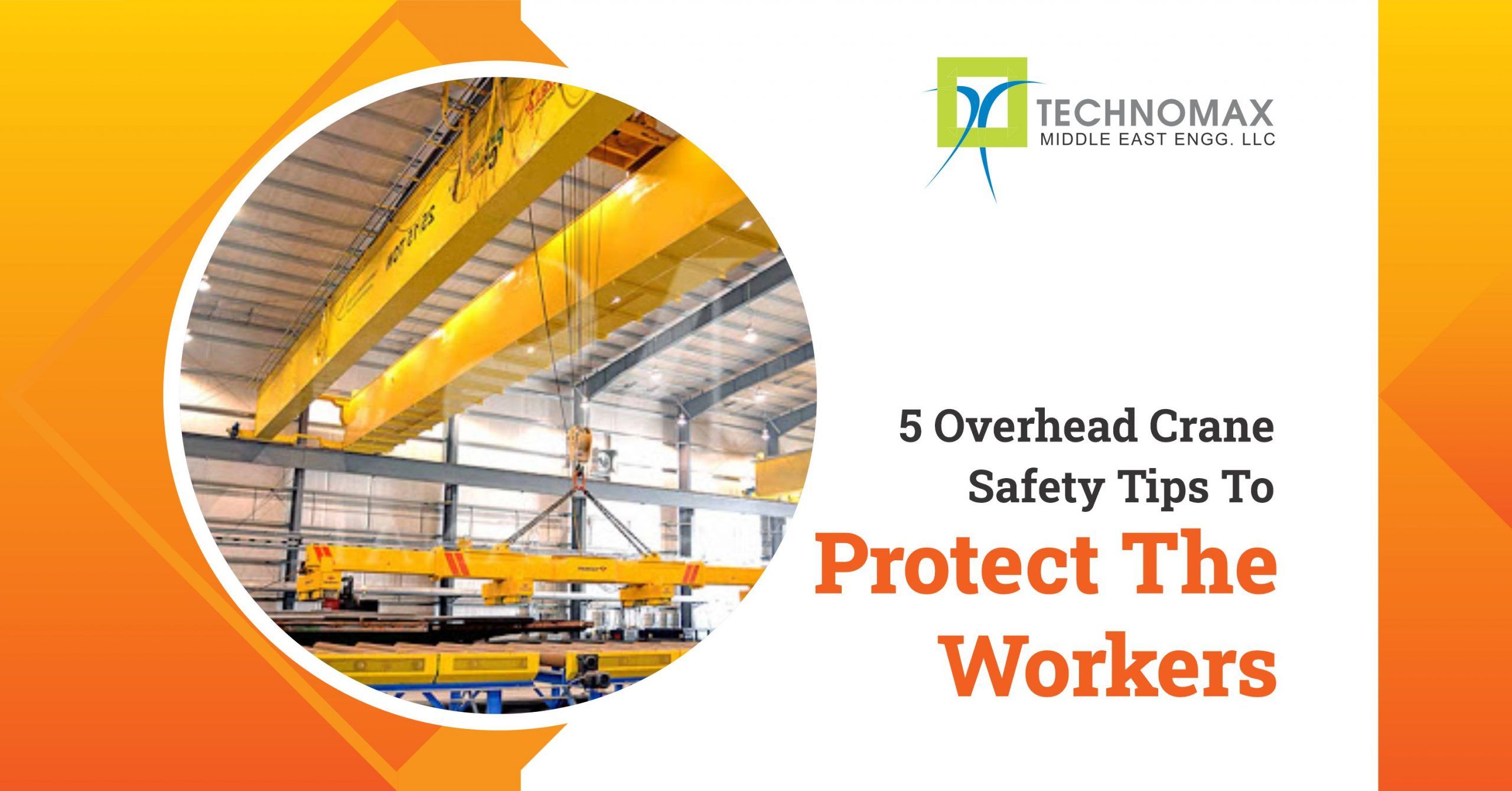Working with construction equipment can be both rewarding and challenging. While it is important to get the job done efficiently, it is even more crucial to prioritize safety at all times. In this article, we will discuss some essential safety tips for operating construction equipment.
1. Proper Training
Before operating any construction equipment, it is vital to undergo proper training. Make sure you are familiar with the equipment’s functions, safety protocols, and emergency procedures. Always follow manufacturer guidelines and seek guidance from experienced operators if needed.
2. Inspect Equipment Regularly
Prior to each use, conduct a thorough inspection of the construction equipment. Check for any signs of wear and tear, loose bolts, or leaks. Make sure all safety features are functioning correctly, and address any issues immediately before operation.
3. Wear Personal Protective Equipment (PPE)
Always wear the appropriate personal protective equipment (PPE) when operating construction equipment. This may include a hard hat, safety goggles, gloves, ear protection, and steel-toed boots. PPE can help prevent injuries and keep you safe on the job site.
4. Follow Safety Guidelines
Follow all safety guidelines and protocols provided by the equipment manufacturer and your employer. This includes proper lifting techniques, safe operating distances, and avoiding distractions while operating machinery. Stay focused and alert at all times.
5. Communicate Effectively
Clear communication is essential when operating construction equipment. Use hand signals, radios, or other communication devices to coordinate with coworkers and ensure everyone is on the same page. Be aware of your surroundings and potential hazards.
6. Be Mindful of Your Environment
Before starting any work, assess your work environment for potential hazards. Check for overhead power lines, uneven terrain, and other obstacles that may pose a risk. Clear the work area of debris and ensure proper lighting for visibility.
7. Take Breaks and Stay Hydrated
Operating construction equipment can be physically demanding, so it is crucial to take regular breaks and stay hydrated throughout the day. Fatigue can impair your judgment and reaction time, increasing the risk of accidents. Listen to your body and rest when needed.
8. Never Take Shortcuts
While it may be tempting to cut corners to save time, never compromise safety for speed. Always follow proper procedures and protocols when operating construction equipment. Taking shortcuts can lead to accidents, injuries, and even fatalities.
9. Secure the Work Area
Prior to operating construction equipment, secure the work area to prevent unauthorized access or interference. Use barricades, warning signs, and flaggers to alert others of the ongoing work. Keep bystanders at a safe distance to avoid accidents.
10. Report Any Incidents or Near Misses
If you encounter any incidents or near misses while operating construction equipment, report them to your supervisor immediately. By sharing your experiences, you can help prevent future accidents and improve safety protocols on the job site.
By following these essential safety tips, you can reduce the risk of accidents and injuries while operating construction equipment. Prioritize safety at all times and never compromise on proper training, communication, and adherence to safety guidelines. Your well-being and the well-being of your coworkers depend on it.
Remember, safety first!
